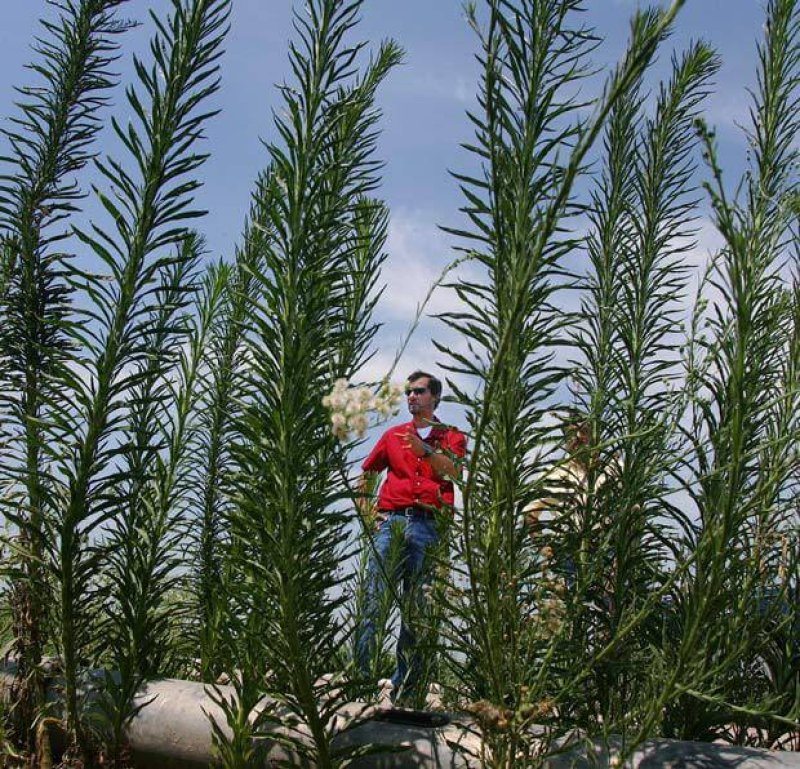The GLP aggregated and excerpted this blog/article to reflect the diversity of news, opinion, and analysis.
Nowadays, the notion that plants and animals have a “natural” habitat, from which outsiders must be expelled, has taken firm hold in the United States — first among a cadre of biologists, then in the media, and ultimately at the highest levels of the federal government.
What happened?
David Theodoropoulos, a California naturalist and seed merchant and the author of Invasion Biology: Critique of a Pseudoscience, is blunt about what he sees as a deadly inversion of environmental priorities. “Thirty years ago,” he told me, “the greatest threats to nature were chain saws, bulldozers, and poisons. Now the greatest threats are wild plants and animals. And what do we use to fight them? Chain saws, bulldozers, and poisons. Who does this serve?”
While Monsanto played God during the 1990s, the Clinton Administration had its back — a policy consistent with its corporate-friendly approach to environmental issues. When, for example, the French balked at allowing GMO corn into their country, the president, the secretary of state, the national-security adviser, and assorted U.S. senators pleaded Monsanto’s cause. (The French finally caved when Gore himself phoned the prime minister to lobby on the corporation’s behalf.)2 In addition, Washington’s revolving door whirled many Clinton Administration officials onto the Monsanto payroll, while the president’s committee of science and technology advisers included Virginia Weldon, the corporation’s senior vice president for public policy.
In 1999, Bill Clinton signed Executive Order 13112, creating the National Invasive Species Council “to prevent the introduction of invasive species and provide for their control and to minimize the economic, ecological, and human health impacts that invasive species cause.” Among the founding members of the council’s advisory committee was Nelroy E. Jackson, a product-development manager and weed scientist for Monsanto who had helped to develop Roundup formulations specifically for “habitat-restoration markets” — that is, for eradicating invasives.
Through thick and thin, Monsanto stuck to its mantra: in the words of a company spokesperson, “All labeled uses of glyphosate are safe for human health and supported by one of the most extensive worldwide human health databases ever compiled on an agricultural product.”
Read full, original post: Weed Whackers: Monsanto, glyphosate, and the war on invasive species































